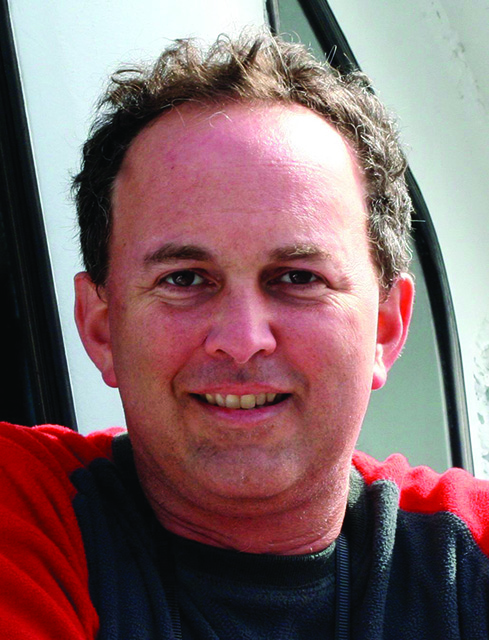Time Warner’s Real Troupers
The smarter way to stay on top of broadcasting and cable industry. Sign up below
You are now subscribed
Your newsletter sign-up was successful
Everybody says they support the troops, but Time Warner’s Waco, Texas, division went out and proved it. Of course, if any cable system were going to lay it on the line for the soldiers in Iraq, it makes sense it would be this one: Fort Hood, the nation’s largest Army base, is located there.
The system’s “Operation Fort Hood” has several components: Time Warner and Gray Television’s KWTX provided digital cameras and DVD recorders to Fort Hood’s “Family Readiness Group” so loved ones could send letters to soldiers who shipped out in March 2004. The MSO provided extra computers with high-speed Internet connections to keep e-mails flowing.
During the war, 276 kids have graduated. Time Warner and its partners managed for “Project Graduation” to provide live video feeds of every area ceremony and connect every graduate via video conference for a private post-ceremony chat with his or her missing parent.
There were other smaller touches, too: When 3,300 Texans from the National Guard were shipped to Iraq in January, Time Warner teamed up with various other Central Texas groups and raised more than $120,000 to send each Guard member off with a prepaid phone card.
“Fort Hood is a huge part of our subscriber base, so it is important for us to care about these customers,” says Director of Public Affairs Stacy Schmitt, adding that it makes sense both in terms of human compassion and as a strategic business move. “This base really is our community.”
The cable system worked with middle school students to provide returning soldiers with a welcome-home kit. “It’s good to teach the students about why this is important,” Schmitt says, “and our employees—who help the teachers assemble the kits—get so engaged in the project.”
And on Valentine’s Day, Time Warner hosted a brunch at the officers club to honor the “home- front heroes”—the spouses at home—who were showered with gifts, flowers and candy. Time Warner provided PCs and Web cams to allow more than 60 spouses to send their loved ones audio or video messages through Road Runner Video Mail. Meanwhile, the soldiers had prerecorded video messages and sent them to Fort Hood, where they were played during the brunch.
The smarter way to stay on top of broadcasting and cable industry. Sign up below
“You know it’s a great project when you’re planning it, but you really don’t realize the impact until you get there,” Schmitt says. “When you see the wives watching the DVDs and they haven’t seen their husbands in months and you see that passion in their faces, it’s a very moving experience.”
Stuart Miller has been writing about television for 30 years since he first joined Variety as a staff writer. He has written about television for The New York Times, The Washington Post, the Los Angeles Times, The Guardian, The Boston Globe, Newsweek, Vulture and numerous other publications.

